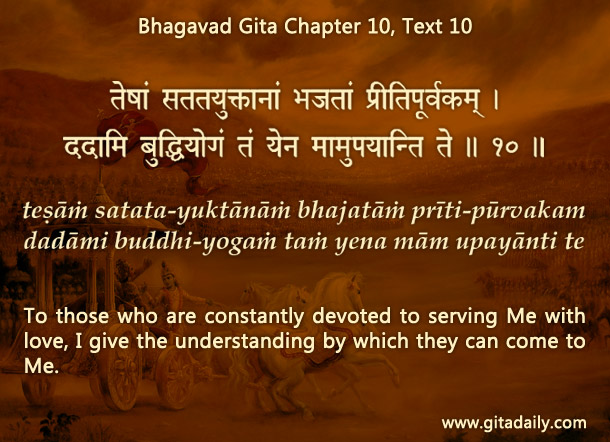Amid difficulties, our mind tends to propel us between extremes, akin to the extremes of a pendulum. For example, when we are faced with a situation in which we don’t know what to do, the mind may make us oscillate between flawlessness and worthlessness.
Initially, it may demand that we be perfect and come up with an absolutely flawless understanding or solution. Such a demand is veritably impossible to meet, for we are finite and fallible beings. If somehow we make ourselves believe that we have become perfect, then that makes us foolishly inflexible. And we end up racing down the path of self-destruction paved by our own adamant and arrogant certainty of the perfection of our solutions or conceptions.
Over time, when we repeatedly confront the sobering reality that we are not perfect, our mind may propel us to the other extreme of the pendulum. It makes us believe that we are good-for-nothing and that we will neither be able to understand anything properly in the complicated world, nor be able to do anything right in life’s complex dilemmas. Such a conception can be inordinately disempowering, even utterly paralyzing.
Humility enables us to find a mean between these two extremes: total omniscience and omnipotence on one hand, and utter ignorance and incompetence on the other hand. How can we progress toward that mean? By encouraging ourselves forward with the confidence that we can always seek to be just a little less wrong. We can seek a little better understanding of the situation and strive for some small course correction in our actions. Such an approach is grounded in reality; despite the fact that we have never been perfect in our life, we have still gotten through many difficult situations and have done some worthwhile things.
If we seek to adopt such a humble approach toward life, Gita wisdom aids us by providing several pertinent insights. It reminds us that we are all parts of a divine reality that is far bigger than ourselves (15.07); and that reality is guiding us through our troubled wanderings in this world (18.61). With an attitude of service and in the mood of devotional contribution, if we seek not to become perfect but to become a little more wise or a little less wrong, then we will be guided to a better understanding and a better choice, as the Bhagavad-gita (10.10) assures.
Summary:
Humility opens for us a third way between being perfect and being worthless: we can always progress toward becoming a little less wrong.
Think it over.
- When faced with a difficult situation, how does the mind make an unrealistic demand from us?
- How does the mind disempower us by going to the other extreme?
- How can we find a mean between these two extremes?
***
10.10: To those who are constantly devoted to serving Me with love, I give the understanding by which they can come to Me.
Audio explanation of the article is here: https://gitadaily.substack.com/p/how-humility-empowers-amid-difficulties

To know more about this verse, please click on the image

Leave A Comment